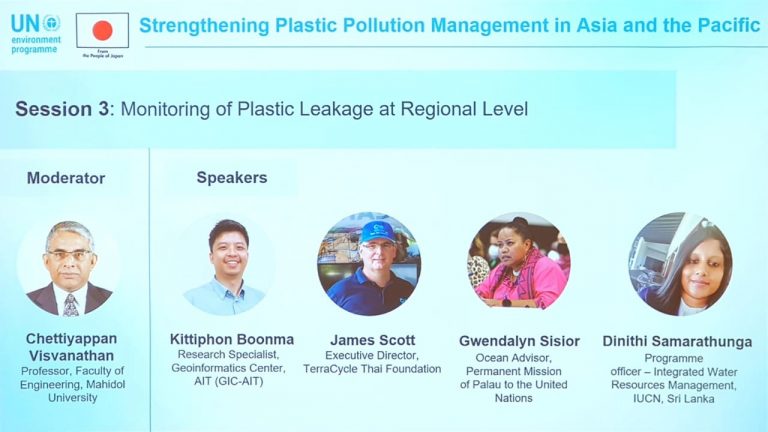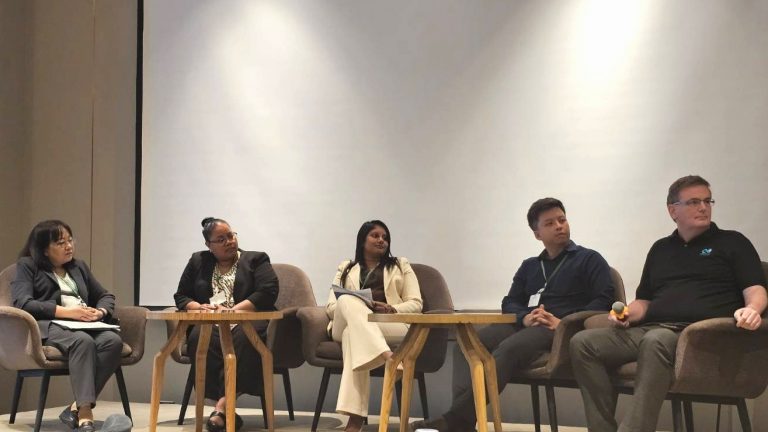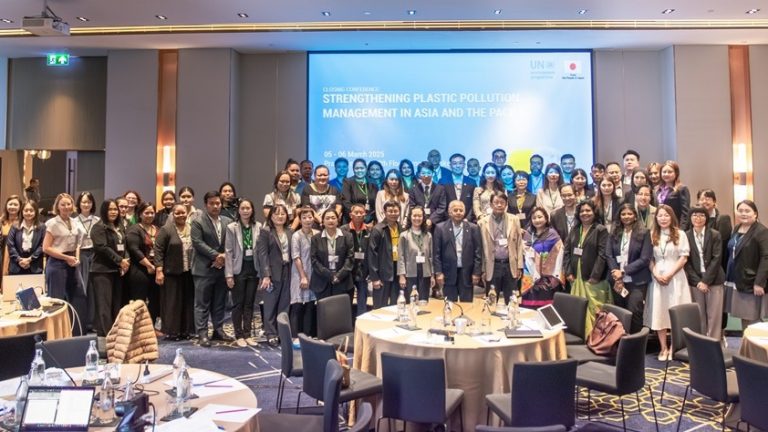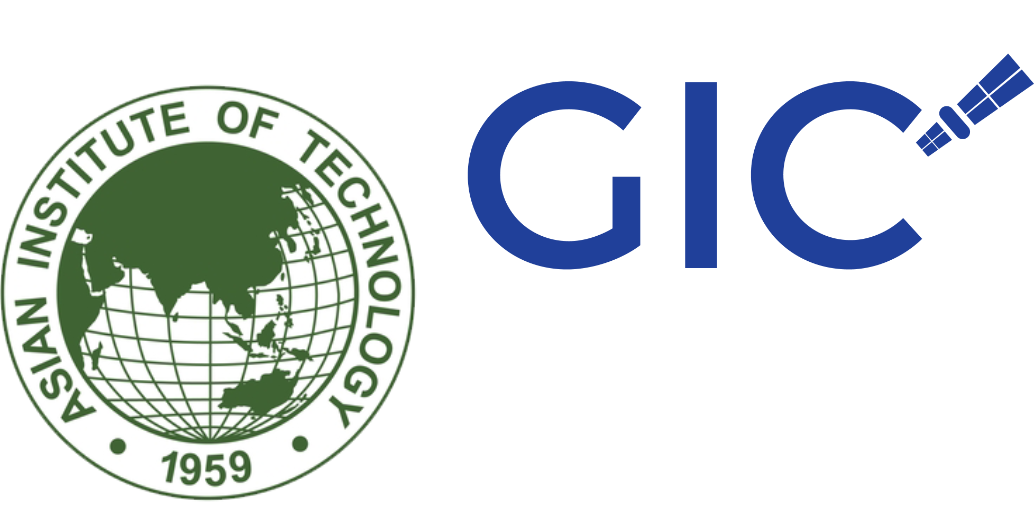
Overview
The Japanese government has been working collaboratively with UNEP since 2019. With funding from the Government of Japan, UNEP launched the project “Strengthening Plastic Pollution Management in Asia and the Pacific” (Mekong and Pacific Project). This project aims to enhance monitoring and assessment capacities, strengthen systematic approaches to plastic pollution management, and inform policymaking in the Mekong River Basin countries and Pacific Island Countries. This closing conference aimed to explore future development and sustained utilization of the Mekong Pacific Project’s outputs through collaboration with other initiatives and projects, particularly in the areas of monitoring and evaluating plastic pollution in riverine environments and implementing plastic management Solutions.
Session Highlights
Session 3 focused on the “Monitoring of Plastic Leakage at Regional Level”. This session, Monitoring of Plastic Leakage at Regional Level, aims to explore the current state of plastic pollution monitoring in the LMB countries by highlighting key tools, methodologies, and protocols used to assess plastic leakage. By discussing regional challenges and opportunities, the session will emphasize the need for standardized data collection, advanced monitoring technologies, and regional cooperation to strengthen plastic pollution management efforts. The session will also showcase case studies from LMB countries by illustrating the best practices and innovative solutions in plastic waste tracking.
Dr. Kittiphon Boonma, a Research Specialist at GIC, participated in an expert panel to discuss various important topics related to plastic pollution in the Lower Mekong River Basin (LMB). The discussion covered the current state of plastic pollution in the region, along with riverine plastic monitoring tools and protocols specific to the LMB. Case studies from the area were shared to highlight the challenges faced in plastic monitoring, as well as the integration of these efforts with existing pollution monitoring systems. The panel also explored regional integration opportunities and provided future directions and recommendations to address the growing issue of plastic pollution in the basin.


